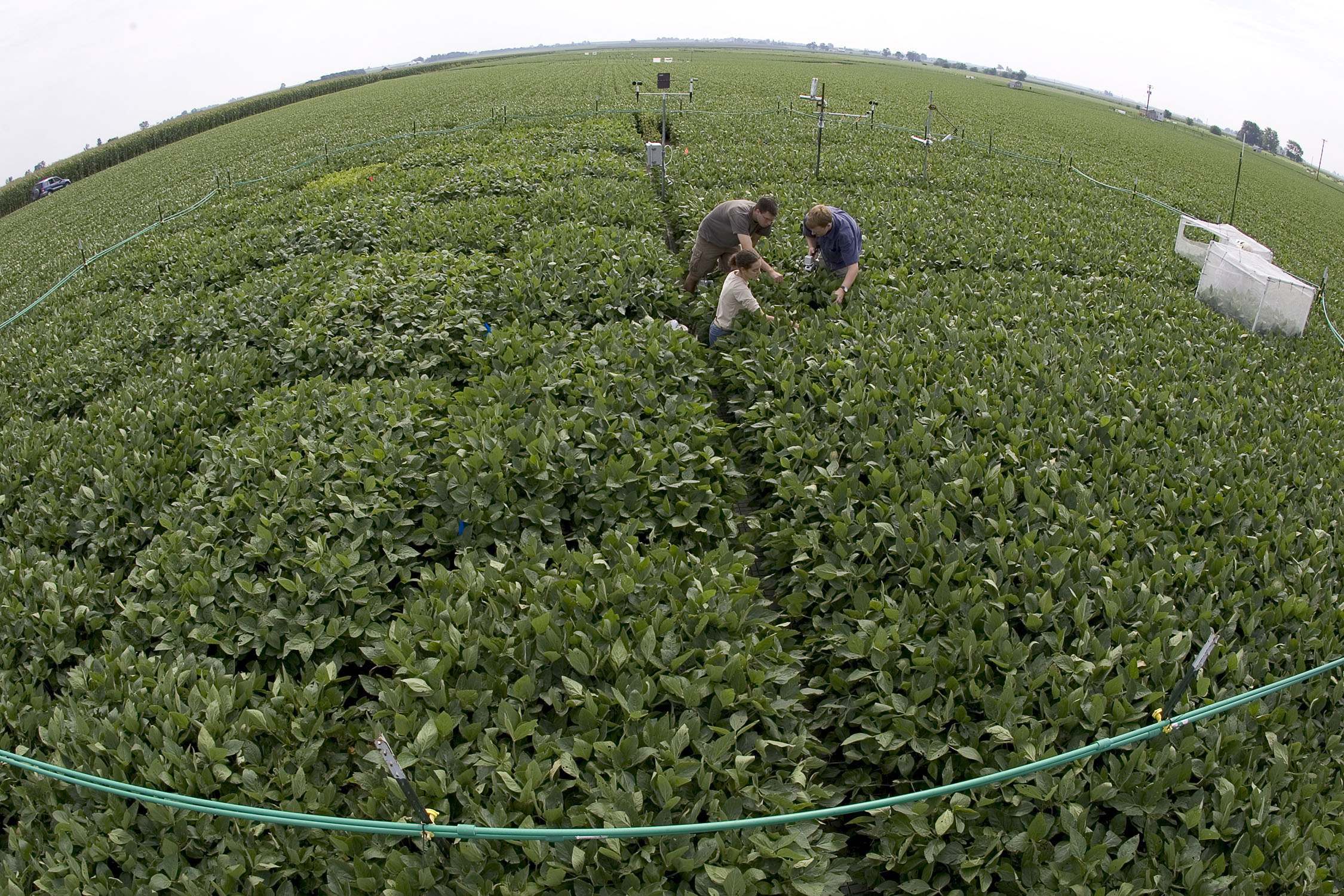Rising levels of carbon dioxide in the atmosphere may cut the nutritional quality of some of the world's most important food crops, researchers have reported after conducting experiments simulating conditions expected by midcentury.
The amounts of two important nutrients, zinc and iron, were found to be lower in wheat, rice, soybeans and peas grown in open-air fields where the scientists created concentrations of carbon dioxide at the level they forecast for Earth by roughly 2050, about 550 parts per million.
They grew 40 varieties of six grains and legumes, also including corn and sorghum, at seven locations in Japan, Australia and the United States.

















With your current subscription plan you can comment on stories. However, before writing your first comment, please create a display name in the Profile section of your subscriber account page.